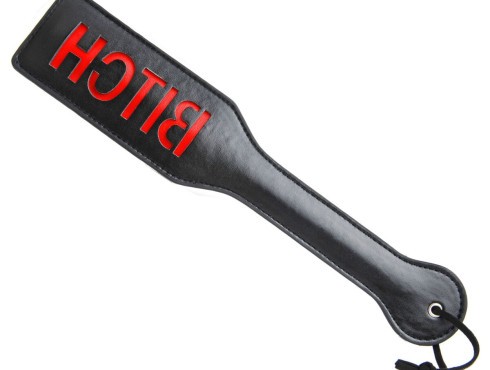The debate on the legalization of sex work in Nevada is surrounded by misconceptions and disagreements between lawmakers, advocates, and researchers on how to prevent sex trafficking and sexual violence. While prostitution is legal in Nevada, it can only take place in licensed brothels located in counties with a population of 700,000 or less. This means that it is illegal in Clark and Washoe counties, the state's largest metropolitan areas. The number of sex workers in Nevada is difficult to quantify due to definitional issues, making it challenging to estimate the scope of the problem accurately. Lawmakers in Nevada are currently debating how to punish buyers of illegal sex work, with some advocating for higher fines and more extended jail time, while sex workers and advocates argue for more nuanced discussions. This article will delve into the complex and nuanced issues surrounding sex work and the laws governing it in Nevada.
Prostitution in Nevada is Legal, but Only in Specific Circumstances
Despite Nevada's reputation as "Sin City," prostitution is not legal in Las Vegas. State law prohibits soliciting and purchasing sex unless it takes place in a licensed place of prostitution. Currently, there are around 20 brothels in Nevada, and only counties with a population of 700,000 or less can legally operate brothels. This means that prostitution is illegal in Clark and Washoe counties, which are home to the state's biggest metropolitan areas.
Barbara Brents, a sociology professor at UNLV, estimates that around 500 people have legal worker cards to sell sex in brothels. However, some sex workers interviewed by The Nevada Independent claim that working in a brothel is not a viable option for everyone. For example, an independent sex worker stated that brothels do not protect workers, and they have to pay many fees to work there. Additionally, they cannot leave the premises for weeks at a time, depending on the length of their tour.
It Is Hard to Quantify the Number of Sex Workers
Definitional issues make it difficult to quantify the number of sex workers in Nevada. According to Brents, there is no statistically reliable way to know the number of sex workers in Nevada, and estimates are based on other kinds of gig work. The Fight Online Sex Trafficking Act and the Stop Enabling Sex Traffickers Act passed in 2018 led sites such as Backpage to censor ads for sex work. Sex work advocates viewed these sites as databases to gauge the number of sex workers in an area and potential sex trafficking cases, and the suppression of those ads made it nearly impossible to track the number of sex workers in a given area.
Debate About How Harshly to Punish Buyers of Illegal Sex Work
Lawmakers in Nevada are currently debating how harshly to punish buyers of illegal sex work. Some lawmakers advocate for higher fines and more extended jail time for those who buy sex. However, sex workers and advocates from the Las Vegas Red Umbrella Collective argue that these policies may have detrimental effects for sex workers.
Victoria McMahan, who works with the Las Vegas Red Umbrella Collective and is a Ph.D. student at UNLV studying sex work and the sex industry, stated that what Nevada lawmakers are striving for now is a Nordic model of prostitution. This system punishes buyers rather than sex workers, as opposed to the Australian model that decriminalizes sex work. However, McMahan argued that doling out harsher punishments for buyers may put pressure on sex workers to take risks, not screen clients as much, not take deposits, and charge less. These are all exploitative factors because clients feel entitled to those accommodations since they are the ones being criminalized.
Some lawmakers in Nevada want to protect residents against sex trafficking as major sporting events such as the Super Bowl and Formula 1 make their way to Las Vegas. However, researchers have found no evidence to suggest that major sporting events lead to an increase in sex trafficking. In fact, many anti-trafficking organizations have warned against this misconception, stating that it can distract from efforts to combat trafficking year-round.
Instead, trafficking tends to occur in areas where there is a high demand for commercial sex, such as near strip clubs, massage parlors, and online escort services. Traffickers often prey on vulnerable individuals, such as runaway youth and those struggling with addiction, and use force, fraud, or coercion to control them.
To effectively combat sex trafficking, it is important to address the root causes and work to prevent vulnerable individuals from becoming victims in the first place. This can involve providing education and support to at-risk populations, strengthening labor protections, and improving access to social services.
Additionally, law enforcement and other organizations can work to disrupt trafficking networks and hold traffickers accountable. This can involve conducting investigations, arresting and prosecuting traffickers, and providing support and resources to survivors.
Overall, while major sporting events can draw attention to the issue of sex trafficking, it is important to remember that trafficking is a year-round problem that requires ongoing efforts to combat. By focusing on prevention, education, and law enforcement, we can work to protect vulnerable individuals and put an end to this heinous crime.













